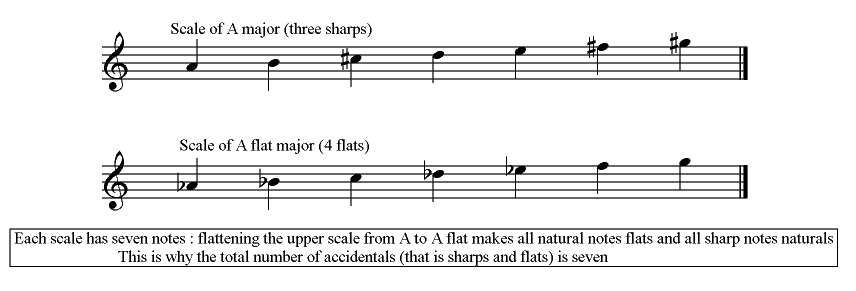
Writing each one out as you go along will help you to better retain them in your memory.Īs you can tell, minor scales are a bit different than major scales and they come in a variety of sounds. Set aside time each day to practice your scales. The more you practice them, the more you will play your instrument with ease and have an understanding of how each piece of sheet music fits together. Learning scales should always be a part of music education. Descending: E – D – C – B – A – G – F# – E.Ascending: E – F# – G – A – B – C# – D# – E.The melodic minor scale is exactly the same as a natural minor scale. When a melodic minor scale is ascending (or going up) it has the flat third that is a characteristic of the natural minor scale – and then all the notes from the major scale. That’s because its notes will change depending on which way it’s moving. The melodic minor scale is unlike any other scale. E harmonic minor: E – F# – G – A – B – C – D# – E.And you can hear the difference – as the ending tone becomes the leading tone, which is what you find in major scales. While the natural minor scale has a flat seventh, this harmonic scale has a natural seventh. The harmonic minor scale has a raised seventh. This follows closely with the major scale but has that half step up rather than a whole. When referring to a minor scale in a general sense, sort of lumping them all together, this is the scale you will get – the natural minor scale. That’s right – each of the three types of minor scales has a flattened third. Each offers you a slightly different sound from the next, but they all have one thing in common. There are three types of minor scales that you should be aware of – especially if you are working your music theory muscle. G-major: G – A – B – C – D – E – F# – G.E-minor: E – F# – G – A – B – C – D – E.As an example, you will see below that the relative minor of G major is the same as E minor. Minor scales always have that one note – that third – that clearly sets them apart.įurther, every relative major key has the same key signature as natural minor scale. Major scales have a major (or natural) third – and they sound really good. So, what’s the difference between the two? And they play a very important role in music as we hear it today. Minor scales tend to come a little bit later, as they aren’t as well-received by the ears of new musicians, but they are vital to understanding music and becoming a better musician. No matter how deep you are into your musical journey, you have likely heard of major scales – and you have likely heard a major scale or two. This means it can be a natural note, a flat note, or even a sharp note. Rather, it is a half step lower than the third in the major chord. Because it is called a flat third, most assume the note itself is a flat, such as B-flat, A-flat, etc. The minor third is always one note lower than the major third. Simply put, a flat note happens when you lower it by one note. Since the flat third is the key identifier when it comes to minor scales, it seems logical to spend a moment looking a bit deeper as to what they are. They aren’t the most pleasing sounds to the ears – and they can even sound eerie. See, most people who hear minor scales are quick to say that they have a dark, unpleasant, or sad tone. It is often the flat third notes fault as to why minor scales have the reputation that they do. This means that the 3rd note of the scale is flattened, or one semitone or half step lowered. It has a flat third (also known as a minor third scale degree).


The typical minor scale is a musical scale that contains 7 notes. Today, let’s take a look at minor scales and learn about what they are, as well as the 3 types of minor scales: natural, harmonic, and melodic scales are.

However, minor scales are just as important - and should also be included in your lessons. These are your most common scales and they tend to always sound vibrant and sweet. Most people tend to focus on Major scales. In fact, scales are part of the foundation of becoming a musician. Knowing your scales is important for being able to gain a deeper understanding of music theory – and becoming more comfortable in your overall musical playing ability.


 0 kommentar(er)
0 kommentar(er)
